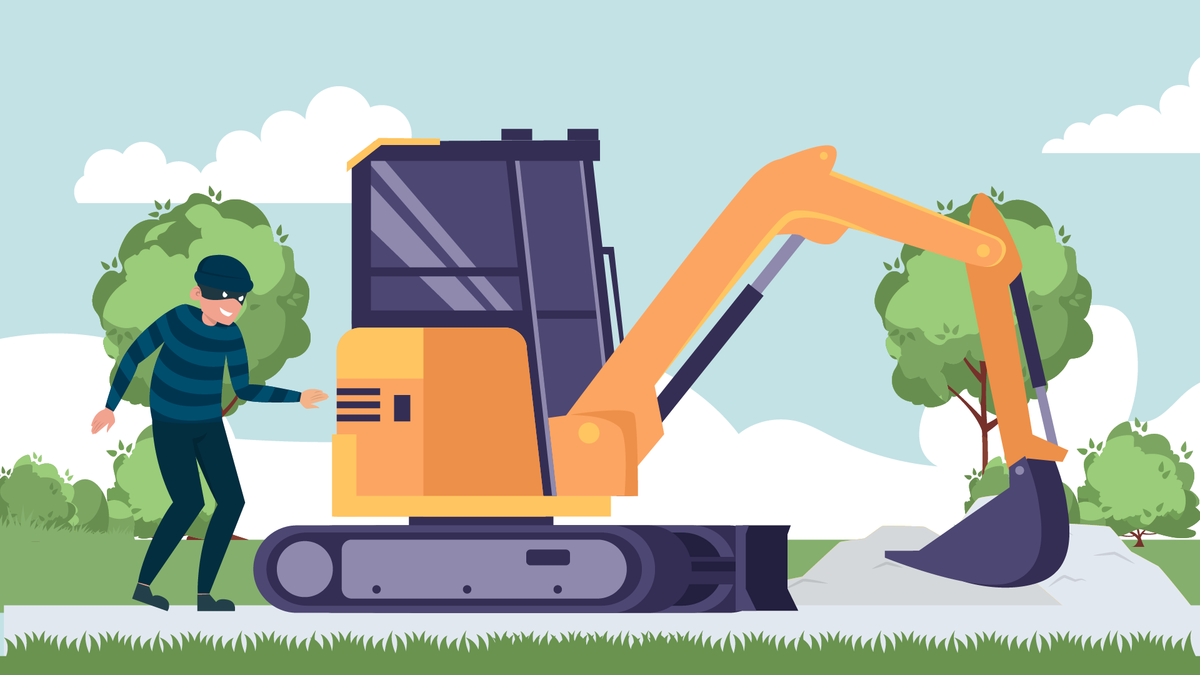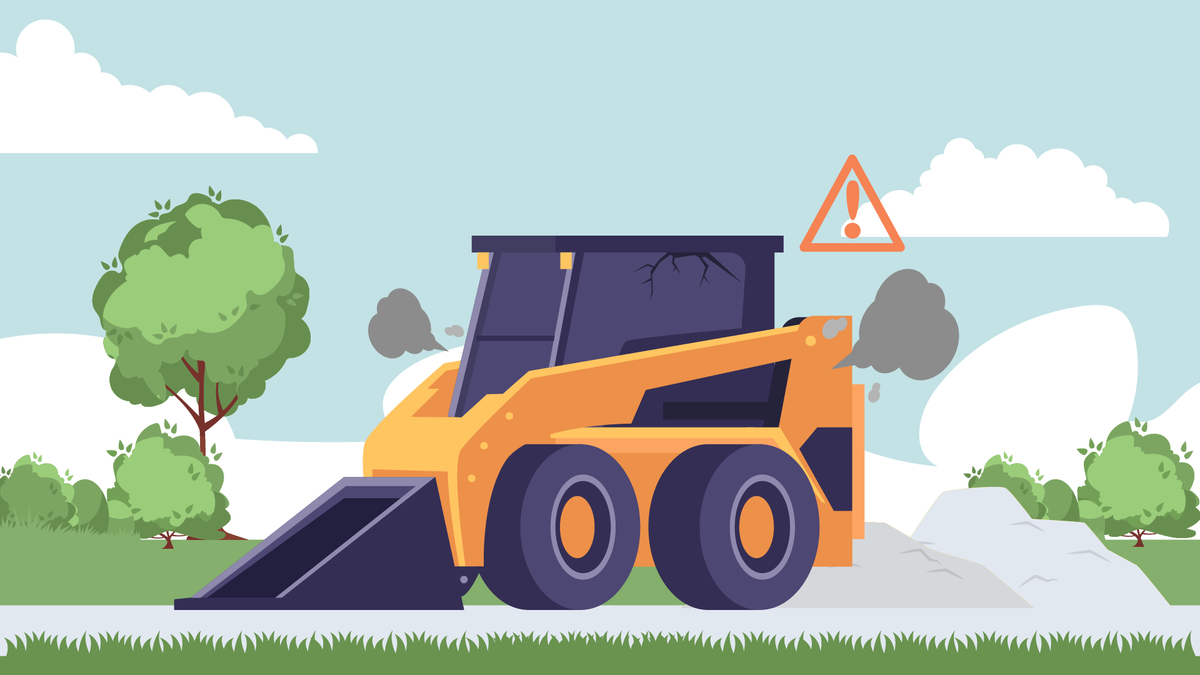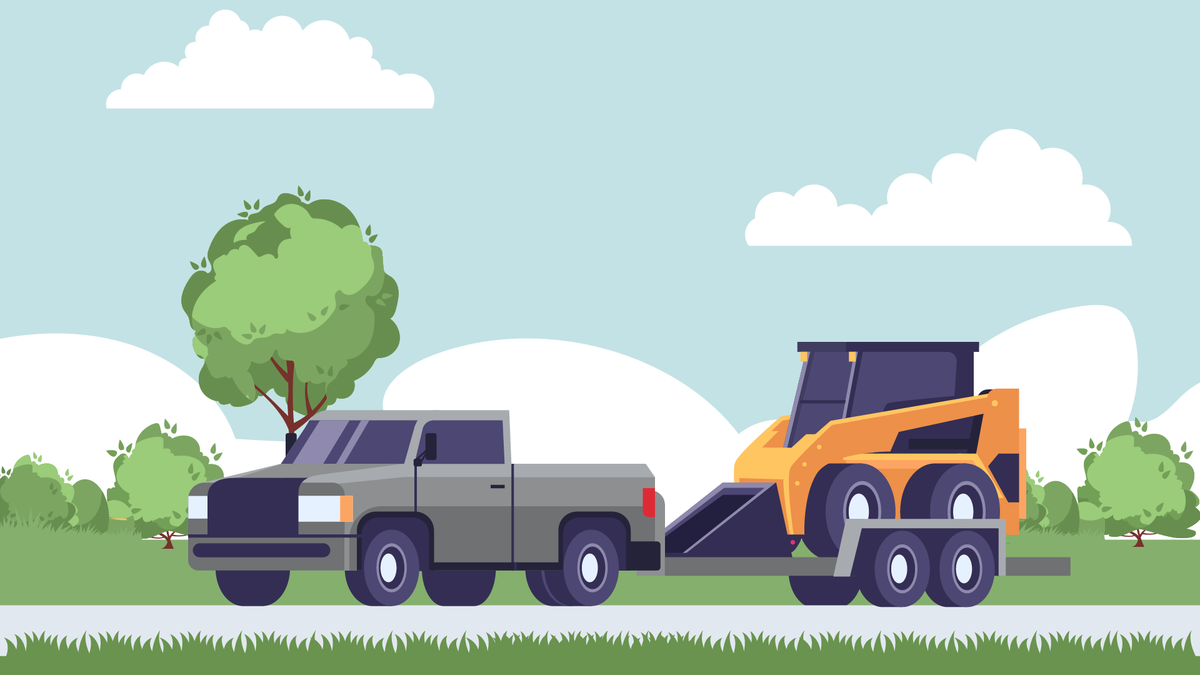
Heavy Equipment Insurance: How Much Does It Cost?
If you are a contractor, chances are you have equipment you will need to insure—either to protect your investment or to comply with certain loan requirements.
Heavy equipment insurance coverage is usually easy to find with the right broker and might cost less than you think. Read on to learn more.
Get Equipment Insurance You Can Afford
Our team can help you find low-cost, quality coverage. Fill out the form below to get a free quote in 5 minutes. Available in most states.
What is heavy equipment insurance?
Heavy equipment insurance is a term for a contractor's tools and equipment policy. While this policy covers a variety of things, in this instance, we’re referring to the machinery or equipment a contractor uses to complete projects for their business. The machinery can include bulldozers, excavators, equipment attachments, and almost anything that travels from jobsite to jobsite.
What makes heavy equipment different than insuring other equipment is that you often need to individually list each piece of heavy equipment on the policy since it is higher in value.
How does heavy equipment insurance pricing work?
Pricing for heavy equipment insurance works similarly to most property insurance policies. The insurance company will provide a rate based on your location, the type of equipment you want to insure, your experience, and the safeguards in place to avoid a claim (for example, whether the equipment is stored inside a locked building when not in use).
This rate is multiplied by the total value of the equipment. For example, if you insure equipment worth $200,000, your insurance will cost twice as much as equipment worth $100,000.
How much does equipment insurance cost?
What your heavy equipment insurance costs you will depend on where you are located and how you are using the equipment. Your deductibles and the additional coverages you want on your policy will also influence the price.
In general, you can expect to pay roughly $600-$1,200 for a $100,000 piece of equipment.
Heavy Equipment Insurance Claim Examples
Mini Excavator Theft
During a project, a contractor leaves their mini excavator at the jobsite. Upon returning to the jobsite after a weekend off, they discover the excavator has been stolen.
Theft is usually covered on a heavy equipment insurance policy.

Skid Steer Rollover
While completing some dirt work, an employee of a contracting business accidentally rolls the skid steer on a hill, causing significant damage to the equipment.
Under most heavy equipment insurance policies, this physical damage to the skid steer would be covered.

Auto Accident
A contractor is cut off on the highway while transporting some equipment, causing them to run off the road. During the incident, the equipment is significantly damaged.
Many heavy equipment insurance policies with "in transit" coverage would cover this incident.

Our Tips For Buying Heavy Equipment Insurance
Get the additional heavy equipment rental insurance coverage.
When you purchase a heavy equipment insurance policy, you will usually have the option to add "lease or rented equipment" insurance. Although you might not need this coverage in the immediate future, it is often only a couple hundred dollars a year and will save you some hassles in the future if you need to rent equipment.
Without this coverage, it can take up to two weeks to amend your policy to cover this scenario; by then, it might be too late. It is always a good idea to include this coverage on your policy.
Ask for replacement cost.
If you can, ask for replacement cost on your equipment. Although finding a policy with replacement cost can be pretty rare, and possibly unachievable in many situations, it can't hurt to ask.
Replacement cost works this way: Upon the loss of your equipment, the insurance company will buy you a brand-new piece of equipment instead of a used model from a similar year.
If you are doing work over water, tell your insurance broker.
Most policies will exclude any work that you are performing over bodies of water. If you do this type of work (or think you might in the future), you should know that there are specialty policies available, but you will need to specifically seek them out.
Summary
Insuring heavy equipment is necessary for contractors to comply with certain bank or leasing company requirements. It also helps protect the investments they’ve made in the equipment they need to do their jobs.
We’re here to help, so give us a call if you have any questions or are looking for a heavy equipment insurance quote.
About The Author: Austin Landes, CIC
Austin is an experienced Commercial Risk Advisor specializing in property & casualty risk management for religious institutions, real estate, construction, and manufacturing.
